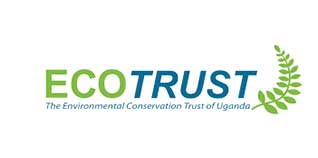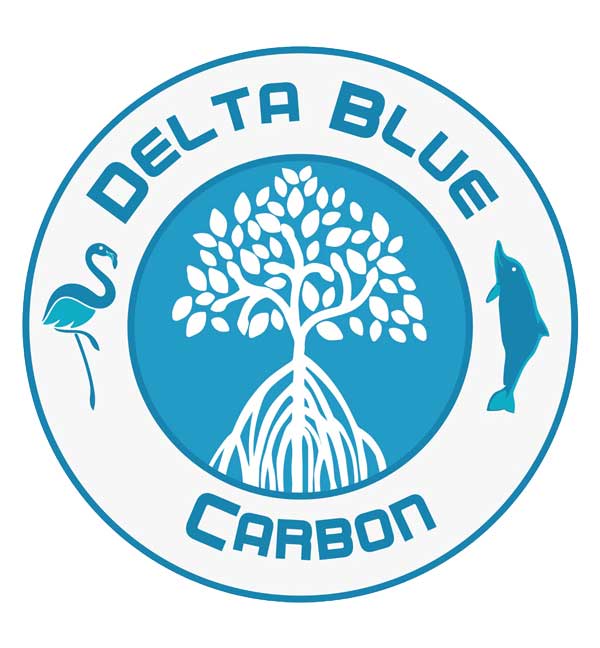
Zurich Carbon Neutral Funds
By investing responsibly and thinking long-term, we can make a difference for our planet. Support the move to a climate neutral economy and invest in Zurich Carbon Neutral Funds. Let’s make a positive impact together.
This is a marketing communication in respect of Zurich Carbon Neutral Funds. Please refer to the Prospectus, Supplement and KIID/KID before making any final investment decisions.
Why invest in the Zurich Carbon Neutral Funds?
Video, 1:08 min
Watch the video to find out how the Zurich Carbon Neutral Funds support the move to a climate neutral economy.
Investing in the Zurich Carbon Neutral Funds may involve above average risk. Please see the ‘Key risks’ section for further information.
Our Carbon Neutral Fund range
Click here for more information on each fund. For more information on the disclosures required pursuant to Regulation (EU) 2019/2088 (SFDR) please see www.carnegroup.com/zurich.

Zurich Carbon Neutral World Equity Fund
Zurich Carbon Neutral World Equity Fund

Zurich Carbon Neutral EMU Equity Fund
Zurich Carbon Neutral EMU Equity Fund

Zurich Carbon Neutral US Equity Fund
Zurich Carbon Neutral US Equity Fund

Zurich Carbon Neutral Euro Corporate Bond Fund
Zurich Carbon Neutral Euro Corporate Bond Fund

Zurich Carbon Neutral US Corporate Bond Fund
Zurich Carbon Neutral US Corporate Bond Fund
Carbon neutral fund = low carbon investment strategy + carbon offsetting
Very few companies are carbon neutral, so we can't create a carbon neutral investment strategy today. That's why the Zurich Carbon Neutral Funds not only follow a low carbon investment strategy, but also use carbon offsetting to further reduce the carbon footprint of your money.

Traditional investment strategies
37 tons of financed carbon emissions1
Traditional investment strategies don’t factor climate change into their equation. Or at least not as much as the Zurich Carbon Neutral Funds do.
The Zurich Carbon Neutral Funds take climate change seriously and act.

Low carbon investment strategy
8 tons of financed carbon emissions before carbon offsetting2
The Zurich Carbon Neutral Funds' investment strategy focuses on low carbon companies and leaders in clean technology.
But they don’t stop here.

Zurich Carbon Neutral Funds
0 tons of financed carbon emissions after carbon offsetting3
The companies you invest in still create 8 tons of carbon emissions, but these carbon emissions are offset to provide you with a carbon neutral fund..
Let’s make a positive impact together.
The CO2-equivalent emissions numbers presented above are based on the Zurich Carbon Neutral World Equity Fund. The emissions numbers for the other Zurich Carbon Neutral Funds can be found on the respective product pages (see section ‘Our Carbon Neutral Fund range’).
1 The companies you invest in with traditional investment strategies create 37 metric tons of scope 1+2 CO2-equivalent emissions per year per million dollars invested when measuring emissions with the help of a broad global equity index (MSCI World Index). Estimated data as of 30.09.2024. Source: MSCI.
2 The companies you invest in with the fund’s low carbon investment strategy create 8 metric tons of scope 1+2 CO2-equivalent emissions per year per million dollars invested by seeking to align with the climate goals of the Paris Agreement with the help of an EU Paris-Aligned global equity index (MSCI World Climate Paris Aligned Ex Select Business Involvement Screens Index). Estimated data as of 30.09.2024. Source: MSCI.
3 After carbon offsetting, the companies you invest in with low carbon investment strategies still create 8 metric tons of scope 1+2 CO2-equivalent emissions per year per million dollars invested, but these financed emissions are being compensated for. The carbon offsetting is currently achieved by contributing to the Rimba Raya Biodiversity Reserve Project. Estimated data as of 30.09.2024. Source: MSCI.
The key principles to the low carbon investment strategy
1 The benchmark indexes of the Zurich Carbon Neutral Funds are periodically reviewed and rebalanced. As a result, there may be smaller exposures to companies classified as controversial businesses between index rebalancing dates.
More information on the carbon offsetting mechanism
Carbon offsetting means that the Zurich Carbon Neutral Funds compensate the carbon emissions they finance with their investments1. From a technical perspective, this is done by purchasing carbon credits (or Verified Emission Reduction Certificates) from carbon offsetting partners that run projects helping to mitigate climate change.
Here is how it works in detail:
First, the fund’s financed carbon footprint is estimated:
- Every month, MSCI tracks the carbon emissions of the companies that the fund invests in
- At year end, the carbon footprint of the funds is estimated relative to the value invested based on the emissions data provided by MSCI
Then we offset:
- We purchase the equivalent number of Verified Emission Reduction Certificates (VERs) from our carbon offsetting partner
- We cancel the VERs so that they can never be used again
While ensuring transparency:
- All the information necessary to verify the carbon offsetting calculations and a proof of VER cancellation is published in the funds' annual report (as part of the SFDR periodic disclosures)
1 The Zurich Carbon Neutral Funds offer share classes with both scope 1+2 and scope 1+2+3 carbon offsetting. For more information, please refer to the Prospectus and the Supplement of each fund.
More information on our carbon offsetting partners
To reach the Zurich Carbon Neutral Funds' goal of being carbon neutral, Zurich currently partners with the Rimba Raya Biodiversity Reserve Project (Rimba Raya), Trees for Global Benefits (an initiative of ECOTRUST) and the Delta Blue Carbon Project on carbon offsetting.



Rimba Raya, located on the island of Borneo in Indonesia, is a living example of an economically viable alternative to deforestation by the palm oil industry – protecting forest lands that are legally authorized and documented to be converted to non-forest land.
Trees for Global Benefits is a cooperative carbon offsetting scheme for farmers in Uganda. The project aims to achieve long-term emission reductions by combining carbon sequestration with improvements in rural livelihoods.
The Delta Blue Carbon Project on the southeast coast of Pakistan is pioneering climate change mitigation through the protection, restoration and sustainable management of mangrove forests in partnership with the Government of Sindh.
Find out more about Rimba Raya
Find out more about Trees for Global Benefits
Find out more about Delta Blue Carbon
For more information on the risks associated with the Zurich Carbon Neutral Funds, please see the section entitled ‘Risks Factors’ in the Prospectus of the ICAV.
Glossary
Investment decisions should only be made after a thorough reading of the current versions of the prospectus of the Zurich Invest ICAV, the supplement of the Zurich Carbon Neutral World Equity Fund and the latest key investor information document ('KIID') available at www.carnegroup.com/zurich.
For Swiss investors: The representative in Switzerland is FIRST INDEPENDENT FUND SERVICES AG, Zürich. The paying agent in Switzerland is NPB Neue Privat Bank AG, Zürich.
For German investors: The role of Information agent in Germany in accordance with section 309 para. 2 of the German Investment Code is undertaken by Zürich (Deutschland), Solmsstraße 27-37, 60486 Frankfurt am Main, Deutschland.
For Austrian investors: The Zurich Invest ICAV has appointed Erste Bank der oesterreichischen Sparkassen AG as its domestic paying and information agent under section 141(1) InvFG, Official Gazette no 2011/77. The Zurich Invest ICAV has also appointed Erste Bank der oesterreichischen Sparkassen AG as its tax agent. The details of the paying agent and tax agent are as follows: Erste Bank der oesterreichischen Sparkassen AG - Am Belvedere 1, 1100 Wien, Austria.